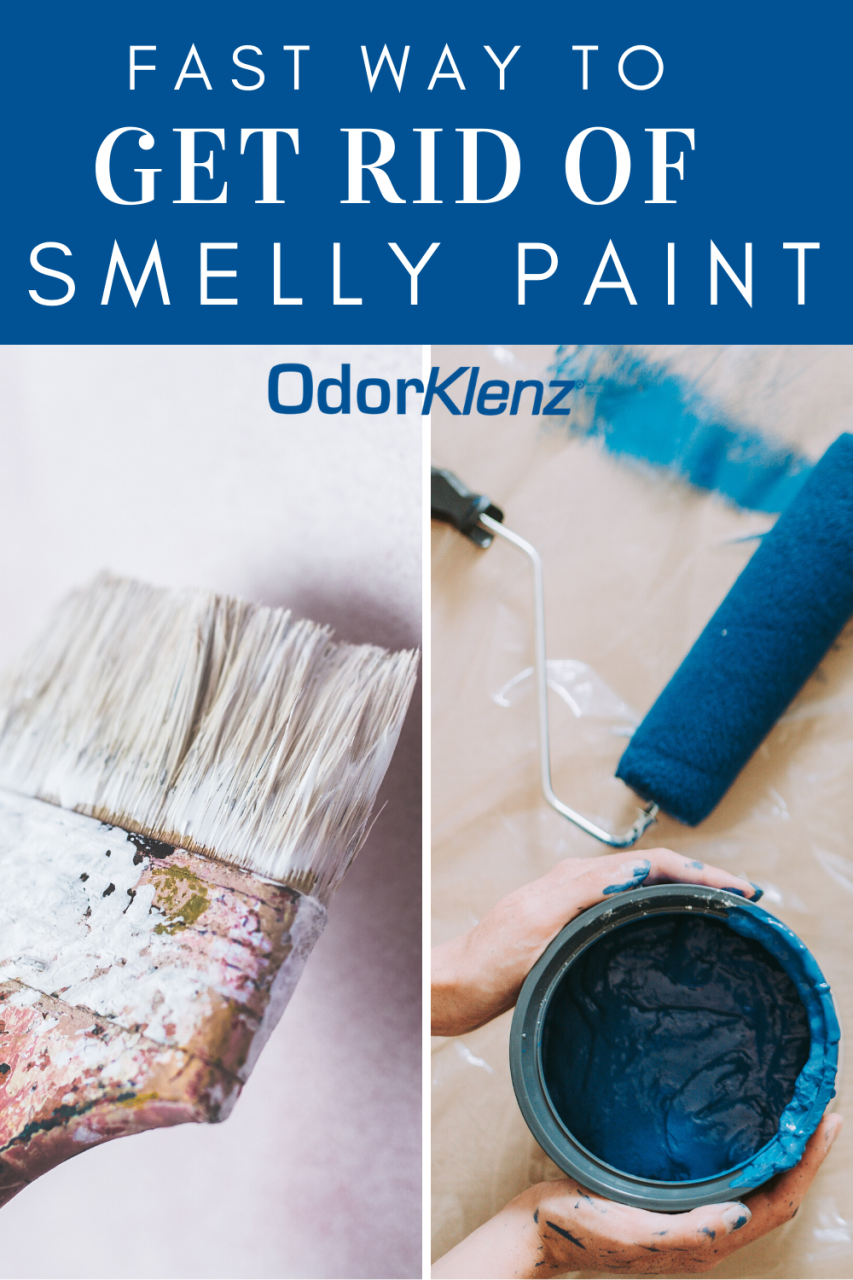Dealing with Paint Odor in House: A Complete Guide
Are you tired of living in a house that smells like a paint factory? You’re not alone. Paint odor in house can be a real nuisance, especially after a fresh coat of paint. In this article, we’ll explore the reasons behind paint odor, its effects on health, and most importantly, ways to eliminate it.
What Causes Paint Odor in House?
Before we dive into the solutions, let’s understand what causes paint odor in house. The main culprit behind paint odor is VOCs (Volatile Organic Compounds). These chemicals are released into the air as the paint dries, causing that strong, pungent smell. VOCs are present in most types of paint, including latex, oil-based, and epoxy paints.
Types of Paints and Their Odor Levels
- Latex Paint: This is the most common type of paint used in houses. Latex paint has a mild to moderate odor level.
- Oil-Based Paint: Oil-based paints have a strong, pungent smell due to the solvents present in them.
- Epoxy Paint: Epoxy paints have a strong, chemical-like smell due to the VOCs present in them.
Health Effects of Paint Odor in House
While paint odor might not seem like a big deal, it can have serious health implications. Prolonged exposure to VOCs can cause:
- Headaches and Dizziness: VOCs can cause headaches, dizziness, and nausea in some individuals.
- Respiratory Issues: People with respiratory problems, such as asthma, may experience worsened symptoms due to paint odor in house.
- Allergic Reactions: Some people may be allergic to VOCs, which can cause skin irritation, itching, and other allergic reactions.

Ways to Eliminate Paint Odor in House
Now that we’ve explored the causes and health effects of paint odor in house, let’s talk about the solutions. Here are some effective ways to eliminate paint odor:
1. Ventilation is Key
Proper ventilation is essential to removing paint odor in house. Open windows and doors to let fresh air in, and use fans to circulate the air. This will help to dissipate the VOCs and reduce the odor.
2. Use a Dehumidifier
Dehumidifiers can help to reduce the moisture in the air, which can contribute to paint odor in house. By removing excess moisture, you can slow down the VOC release and reduce the odor.
3. Baking Soda to the Rescue
Baking soda is a natural odor absorber. Place open containers of baking soda in the rooms with paint odor in house, and let it sit for a few hours or overnight. The baking soda will absorb the VOCs, reducing the odor.
4. Activated Charcoal
Activated charcoal is another effective odor absorber. Place activated charcoal containers in the rooms with paint odor in house, and let it sit for a few hours or overnight.
5. Essential Oils
Certain essential oils, such as lavender and tea tree oil, have natural deodorizing properties. Mix a few drops of essential oil with water and spray it around the rooms with paint odor in house.
6. Air Purifiers
Air purifiers can help to remove VOCs and other pollutants from the air, reducing paint odor in house. Look for an air purifier with a HEPA filter and activated carbon filter.
7. Odor-Absorbing Products
There are various odor-absorbing products available on the market, such as odor-absorbing sprays and gels. These products can help to eliminate paint odor in house.
8. Time is Your Friend
Finally, time is your friend when it comes to paint odor in house. With time, the VOCs will dissipate, and the odor will reduce. Be patient and give it a few weeks for the odor to reduce.
Preventing Paint Odor in House
While eliminating paint odor in house is possible, preventing it is even better. Here are some tips to help you prevent paint odor:
1. Choose Low-VOC Paints
When shopping for paint, choose low-VOC paints. These paints have fewer VOCs, which means less paint odor in house.
2. Read the Label
Read the paint label carefully. Look for VOC-free or low-VOC labels.
3. Use a Primer
Using a primer can help to reduce VOCs and paint odor in house. Some primers are specifically designed to reduce VOCs.
4. Apply Thin Coats
Applying thin coats of paint can help to reduce VOCs and paint odor in house. Thin coats dry faster, reducing the VOC release.
5. Ventilate the Area
When painting, ensure good ventilation in the area. Open windows and doors to let fresh air in.
Conclusion
Paint odor in house can be a real nuisance, but it’s not impossible to eliminate. By understanding the causes and health effects of paint odor, you can take steps to eliminate it. From ventilation to odor-absorbing products, there are various ways to reduce paint odor in house. Remember, prevention is key. Choose low-VOC paints, read the label carefully, and apply thin coats to reduce VOCs and paint odor in house.